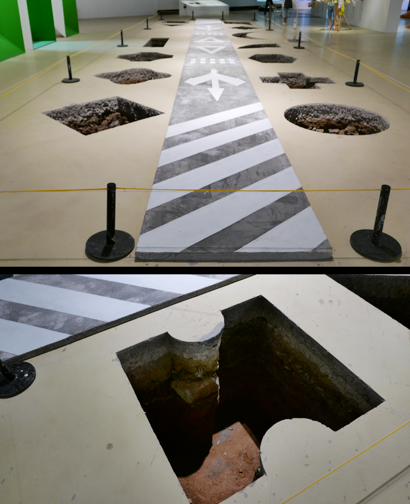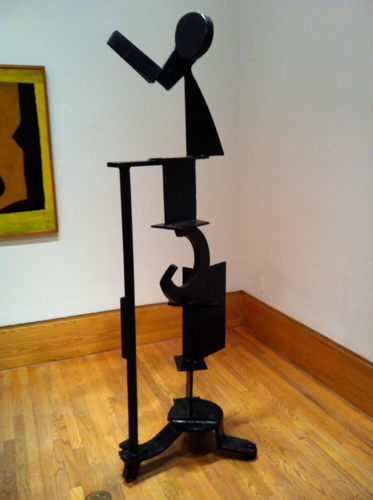Take your time
4-hour workshop on observation and meaning
Observing a piece of art and developing access to its meaning will help students to broaden their world views and to engage with uncommon aspects and forms of communication. In our fast-paced world, we often don’t feel encouraged to take time with a difficult topic or object. Through an investigative observation of a quality piece of art students will learn to ask specific questions and to personally engage with it.

The workshop will be held at an Art Museum. I will select works from the current exhibition beforehand.
Each student will get one work assigned and needs to deeply engage with it. During one hour the work needs to be observed and students will answer questions in handwriting, respecting the order in which the questions are asked on the questionnaire. The use of computers, cell phones, and other mobile devices is not permitted.
All students need to bring a notebook and a pen.
First hour
Take about 50 minutes to complete the first section of questions in the order they appear.
If you have still time, go back to earlier questions and refine your answers.
For the last 10 minutes, each student receives two additional questions to be answered.
Second hour
The group will tour every of the selected works. Each student will take 3 minutes in front of hher artwork and talk about the aspect she is most interested in.
Third hour
We will revisit one or two of the selected works and collectively discuss the following aspects:
– foreground – background – or the lack thereof
– contrast
– proportion and weight
– the focal point(s) and how our eyes are directed while observing the piece
– the dominating emotions this piece evoke
Fourth hour
The last hour is reserved for discussion.
Each student will write one question on a piece of paper and we will try to get to discuss all of them.
LEARNING OUTCOMES
– Learn how to approach an unfamiliar piece of art.
– Understand how to develop questions, which help to approach the unknown, avoiding a quick judgment.
– Relate to something unknown in a personal way, drawing from your own experiences and expectations.


